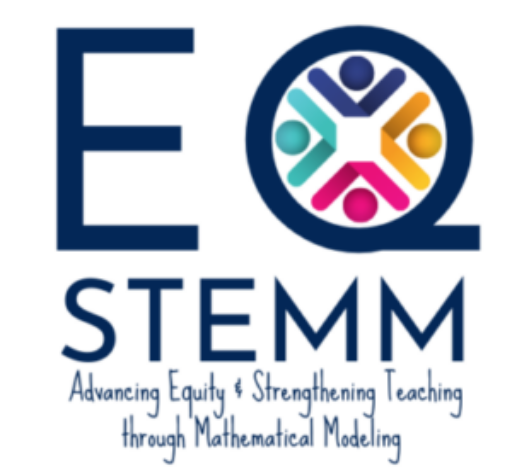Making Bee Hotels
Spring is here!!! Meet Ms. Whitney Corcoran who is an environmentalist and loves nature! Listen to Ms. Whitney Corcoran’s Lesson Story about Making Bee Hotels with 3rd Graders and the amazing mathematical thinking that emerged from the modeling lesson.
Check out the
Lesson Planning Tool and
Student Work Collection





